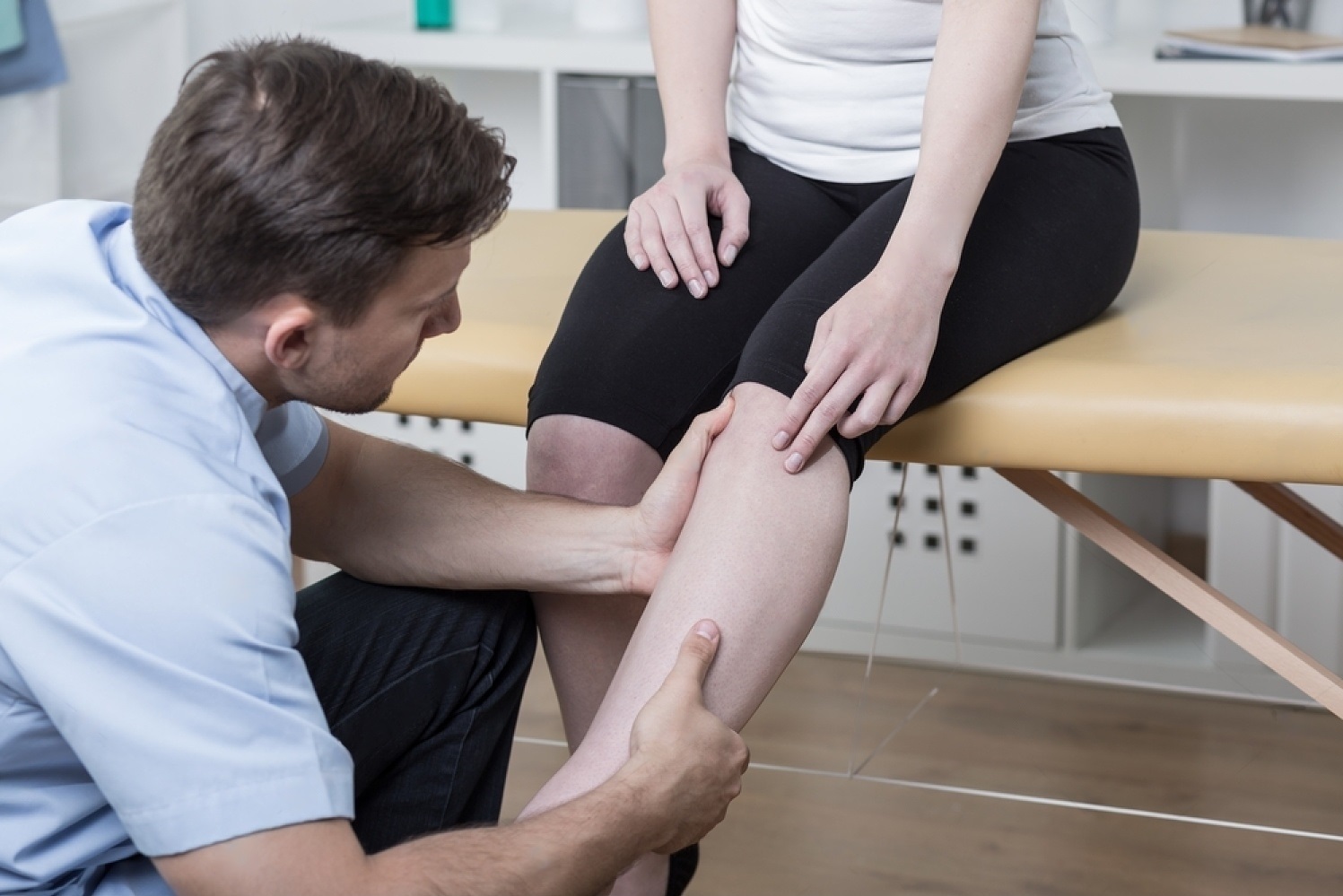Knee pain is a widespread issue affecting millions of people worldwide, often stemming from various causes such as injury, arthritis, or overuse. Traditionally, treatments for knee pain have revolved around medication, surgery, or rest. However, as we delve into the future of healthcare, it’s crucial to explore alternative approaches that offer more sustainable and effective solutions. In this blog post, we’ll discuss the evolving landscape of knee pain treatment and the promising advances in physiotherapy that are reshaping the way we approach rehabilitation.
Understanding Knee Pain
Knee pain can be debilitating, impacting not only physical function but also overall quality of life. Whether it’s due to sports injuries, degenerative conditions like osteoarthritis, or repetitive strain from daily activities, the prevalence of knee pain is undeniable. According to the American Academy of Orthopaedic Surgeons, nearly one in two people may develop symptomatic knee osteoarthritis by the age of 85. This underscores the urgency of finding effective treatment options for managing knee pain and improving patient outcomes.
Traditional Treatment Methods
Historically, knee pain has been managed through conventional methods such as pain medication, corticosteroid injections, or surgical interventions like knee replacements. While these approaches may provide temporary relief for some patients, they often come with inherent risks and limitations. For instance, long-term use of medication can lead to dependency or adverse side effects, while surgery carries the potential for complications and extended recovery periods. Additionally, these treatments may not address the underlying issues contributing to knee pain, leading to recurring symptoms and decreased mobility over time.
The Role of Physiotherapy
Physiotherapy, also known as physical therapy, offers a holistic approach to knee pain treatment by focusing on rehabilitation, strengthening, and restoring function through targeted exercises and interventions. Unlike traditional methods, which may rely solely on symptom management, physiotherapy aims to address the root cause of knee pain while promoting long-term recovery and mobility. By tailoring treatment plans to individual needs and goals, physiotherapists empower patients to actively participate in their healing process and regain control over their health.
Advances in Physiotherapy for Knee Pain
Recent advancements in physiotherapy have revolutionized the way we approach knee pain treatment, leveraging cutting-edge technologies and innovative techniques to enhance outcomes for patients. For example, wearable devices such as motion sensors or biofeedback tools allow physiotherapists to monitor patients’ movements in real-time, providing valuable data for personalized treatment plans. Virtual reality (VR) therapy has also emerged as a promising modality for knee pain rehabilitation, immersing patients in immersive environments to facilitate pain management and improve functional outcomes.
Benefits of Advanced Physiotherapy
The benefits of advanced physiotherapy for knee pain treatment are manifold, offering patients a comprehensive and personalized approach to rehabilitation. By incorporating state-of-the-art technologies and evidence-based practices, advanced physiotherapy programs can effectively reduce pain, improve joint mobility, and enhance overall quality of life for individuals with knee pain. Moreover, these interventions empower patients to take an active role in their recovery journey, promoting long-term adherence to exercise regimens and lifestyle modifications that support optimal musculoskeletal health.
Takeaway
As we navigate the evolving landscape of healthcare, it’s clear that the future of knee pain treatment lies in embracing innovative approaches like advanced physiotherapy. By harnessing the power of technology and evidence-based practices, we can revolutionize how we manage knee pain, empowering patients to achieve lasting relief and regain their mobility. Whether it’s through wearable devices, virtual reality therapy, or personalized exercise programs, the possibilities for improving knee pain outcomes are endless. As we continue to push the boundaries of physiotherapy, let’s strive to provide accessible, effective, and patient-centered care that transforms lives and paves the way for a brighter future in musculoskeletal health.
The specialized techniques and personalized care provided through physiotherapy for knee pain Singapore offer promising outcomes for individuals looking to regain function and alleviate discomfort.

